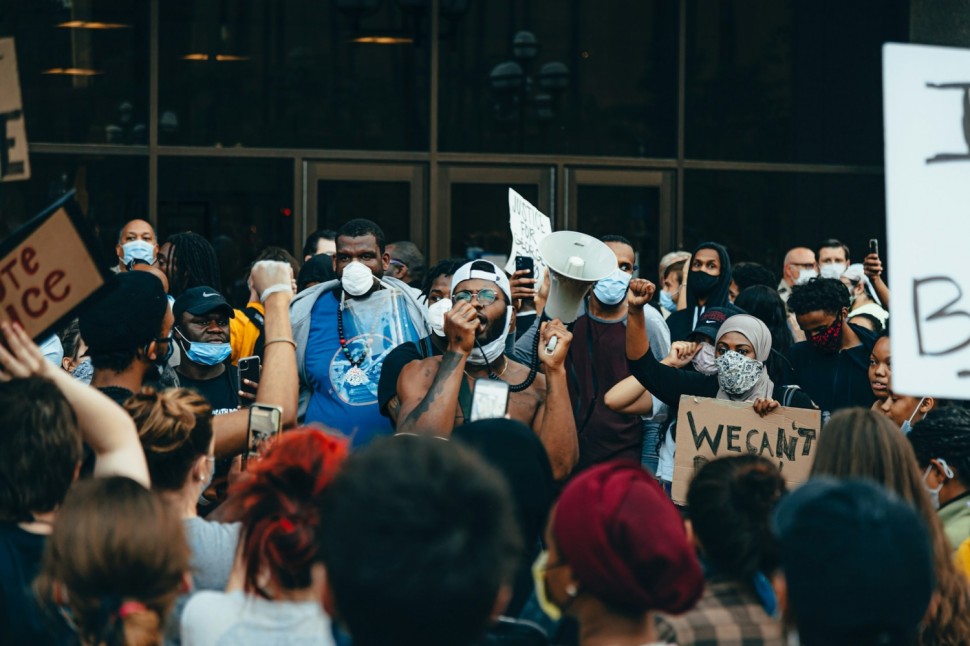Louisiana has now placed itself at the forefront of a contentious issue that melds civil disobedience with free speech rights on college campuses. Under the leadership of Governor Jeff Landry and with the legislative prowess of Senator Valarie Hodges of Denham Springs, a groundbreaking piece of legislation, Senate Bill 294, has been enacted. This law aims to recalibrate the boundaries of free speech protections within the hallowed grounds of the state's academic institutions.

The Essence of Senate Bill 294
Senator Hodges framed Senate Bill 294 as a measure intended to strengthen the foundation of campus speech. According to her, the primary goal is prioritizing educational values over activism. "What we need on college campuses is education, not activists," stated Hodges. However, this view is not unilaterally held. A notable segment of students and faculty fear this law might dangerously encroach upon the freedoms traditionally celebrated in academic circles. They argue that criminalizing certain forms of protest under the guise of maintaining order might do more harm than good.
Civil Disobedience and Campus Dynamics
The law's approach to civil disobedience is at the heart of the controversy. Originally hailed as a noble form of nonviolent protest during the Civil Rights Movement, the practice is now partially estranged from campus legal protections. Specifically, the legislation excludes acts that come with criminal penalties from being shielded under campus free speech policies. Pablo Zavala, a Loyola University of New Orleans professor, encapsulated the opposition's sentiment during a committee hearing, arguing that differing opinions should not be grounds for legislative encroachment on student rights.
ALSO READ: Harvard Under DOE Investigation for Alleged Discrimination of Jewish and Israeli Students
Broadening the Free Speech Debate
Beyond the confines of civil disobedience, Senate Bill 294 also ventures into international territories. It takes a firm stand against activities funded or organized by groups designated as terrorist organizations or foreign adversaries by the United States Department of State. Hodges' bill makes explicit references to pro-Palestinian protests, which have surged on campuses amidst the Israeli-Hamas conflict. Hodges communicated a clear demarcation line: while free speech is protected, support for criminal or terrorist activities is unequivocally banned.
Protecting Religious Expression
Senator Hodges's legislation doesn't stop at civil disobedience and foreign influences. It also weaves in protections for religious freedoms among the student body. The new law forbids discrimination based on political, ideological, or religious beliefs. It clarifies that university policies cannot coerce student organizations into compromising their foundational beliefs or adopting leaders who don't reflect their faith. Additionally, the law takes a stand against the imposition of professors' ideologically driven assignments or activities that go beyond the academic and intrude into the political or belief-based realms.
Louisiana's bold move to redefine the parameters of campus free speech and civil disobedience marks a significant pivot in the ongoing debate over academic freedoms and the extent of free expression in educational settings. As this law takes effect, its impact on students, faculty, and the fabric of Louisiana's academic institutions will be closely monitored. The balance between ensuring a respectful, educational environment and preserving the vital liberties of speech and protest remains delicate. How this equilibrium will be maintained in the wake of Senate Bill 294's implementation is a narrative yet to unfold fully across Louisiana's vibrant academic landscape.




